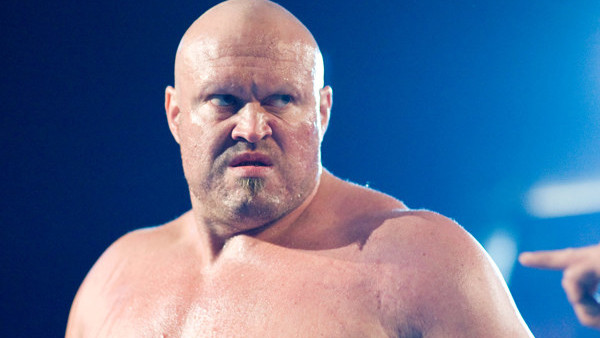What WWE WON'T Tell You About The Ruthless Aggression Era

WWE demanded its new generation of talent show "ruthless aggression" onscreen at the precise time they were controlled and scripted to an alienating degree off it. Orton and Lesnar were fast-tracked to success through their natural third-generation lineage and sheer, jaw-dropping presence, respectively, but even Batista and Cena were almost left to wither through dire characterisation. John Cena effectively made it through happenstance, by rapping on a tour bus, while Batista did miraculously well to recover from his 'Deacon' gimmick - just one of several, sh*tty, imposed gimmicks WWE made mandatory, effectively, in a renewed drive to capture the OTT theatrics of wrestling when it was more popular. WWE didn't recover its popularity; beyond the record smash success of WrestleMania 21, the show that did fulfil the prophesy, business declined from the peak of Attitude.
Ruthless Aggression is almost a myth. It's just something WWE said over and over and over again for a few weeks, conditioning the audience with such effectiveness that it has become a banner term for an entire period of history that, in reality, was a weird and often retconned hybrid of philosophies. The super-workers beloved by hardcore fans were pushed, and then gave way. Cartoonish characters found themselves in rated-R scenarios. Autonomy was promised and barely delivered on. Ruthless Aggression is the most literal example of tell, don't show.
The New Generation is considered WWE's bleak period, but it is the real, overlooked and underrated period in WWE history. Incredibly forward-thinking and inventive, across 1996 and 1997 in particular, a new gimmick match seemed to debut every other month. WWE evolved through its elite-tier talent into an absolutely blinding, pure pro wrestling company. The booking was intricate, emotive, and tinged with an absorbing reality.
Where's the bloody New Generation documentary?